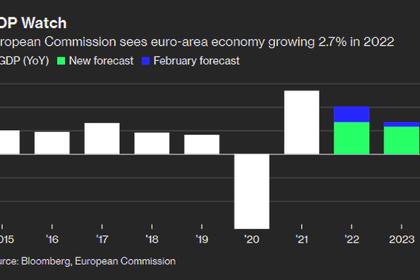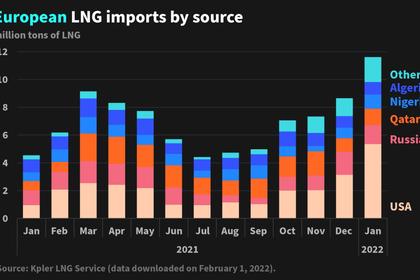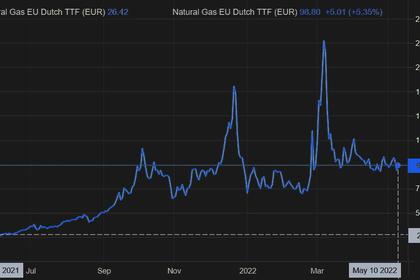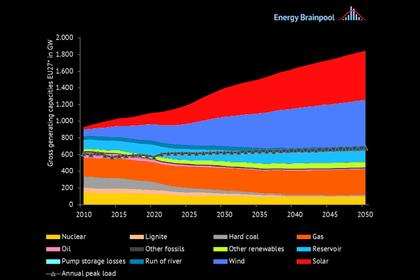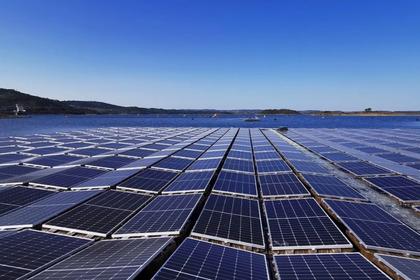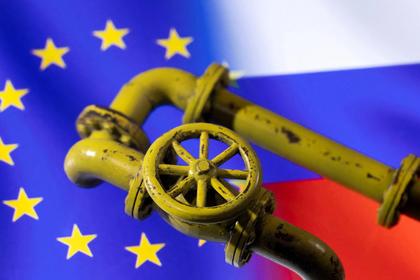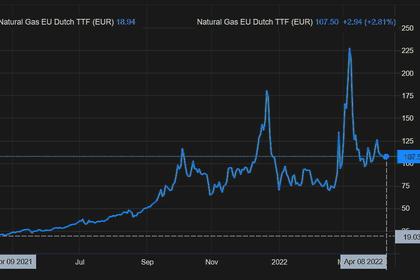
EUROPEAN ENERGY PLAN
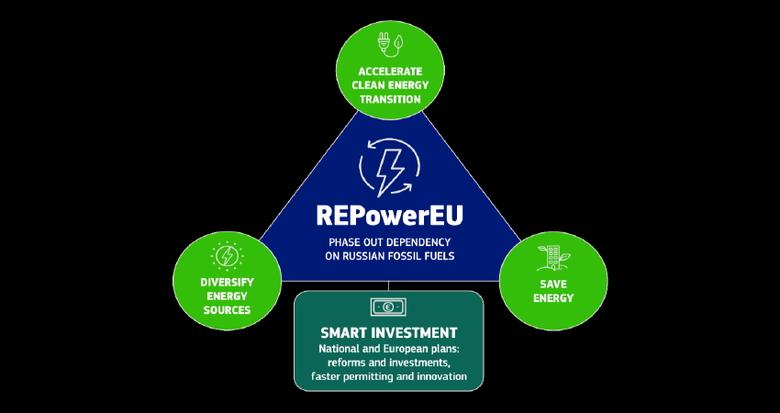
EUR-LEX- Brussels, 18.5.2022 - COMMUNICATION FROM THE COMMISSION TO THE EUROPEAN PARLIAMENT, THE EUROPEAN COUNCIL, THE COUNCIL, THE EUROPEAN ECONOMIC AND SOCIAL COMMITTEE AND THE COMMITTEE OF THE REGIONS
REPowerEU Plan
Introduction
Russia’s unprovoked and unjustified military aggression against Ukraine, has massively disrupted the world’s energy system. It has caused hardship as a result of high energy prices and it has heightened energy security concerns, bringing to the fore the EU’s over-dependence on gas, oil and coal imports from Russia. High amounts paid for Russia’s fossil fuels are helping Russia sustain its war against Ukraine.
In March 2022, EU leaders agreed in the European Council to phase out Europe’s dependency on Russian energy imports as soon as possible. Drawing on the Commission’s communication, they invited the Commission to swiftly put forward a detailed REPowerEU plan. Coal and oil imports are now to be covered by the sanctions regime. The recent gas supply interruptions to Bulgaria and Poland demonstrate the urgency to address the lack of reliability of Russian energy supplies.
REPowerEU is about rapidly reducing our dependence on Russian fossil fuels by fast forwarding the clean transition and joining forces to achieve a more resilient energy system and a true Energy Union.
We can significantly reduce our dependency on Russian fossil fuels already this year, and accelerate the energy transition. Building on the Fit for 55 package of proposals and completing the actions on energy security of supply and storage, this REPowerEU plan puts forward an additional set of actions to:
- save energy;
- diversify supplies;
- quickly substitute fossil fuels by accelerating Europe’s clean energy transition;
- smartly combine investments and reforms.
Taken together, these actions will structurally transform EU’s energy system. They require effective coordination between European regulatory and infrastructure measures, as well as national investment and reforms and joined-up energy diplomacy. They also require coordination between action on the demand side, to reduce energy consumption and transform industrial processes to replace gas, oil and coal with renewable electricity and fossil-free hydrogen, with action on the supply side to create the capacity and framework to roll out and produce renewable.
Fairness and solidarity are defining principles of the European Green Deal. Our joint action to accelerate the clean energy transition therefore reinforces the need for effective employment, skills and social policies, in line with the European Pillar of Social Rights.Dependence amongst Member States on Russian energy sources differs as the energy situationand energy mixes differ from one country to the other. The approach taken in this REPowerEU plan reflects these differences and proposes a variety of balanced responses corresponding to the specific Member States needs whilst moving the EU as a whole towards climate neutrality by 2050.
REPowerEU builds on the full implementation of the Fit for 55 proposals tabled last year without modifying the ambition of achieving at least -55 % net GHG emissions by 2030 and climate neutrality by 2050 in line with the European Green Deal. It will have a positive impact on EU’s emission reduction over the decade. However, the fast phasing out of fossil fuel imports from Russia will affect the transition trajectory, or how we reach our climate target, compared to that under previous assumptions.
The REPowerEU plan cannot work without a fast implementation of all Fit for 55 proposals and higher targets for renewables and energy efficiency. In the new reality, the EU’s gas consumption will reduce at a faster pace, limiting the role of gas as a transitional fuel. However, shifting away from Russian fossil fuels will also require targeted investments for security of supply in gas infrastructure and very limited changes to oil infrastructure alongside large-scale investments in the electricity grid and an EU-wide hydrogen backbone. In parallel, some of the existing coal capacities might also be used longer than initially expected, with a role for nuclear power and domestic gas resources too.
The public expects the EU and its Member States to follow through on the commitments made to reduce our dependence on Russian fossil fuels. 85% of people polled believe that the EU should reduce its dependency on Russian gas and oil as soon as possible. 84% agree that Russia’s aggression against Ukraine makes it more urgent for EU Member States to invest in renewable energy.
While some Member States have already announced their intention to end fossil fuel imports from Russia, no Member State can tackle this challenge on its own. By carrying out joint needs assessments and planning, joint purchases and greater coordination, we will ensure that the phasing out of our dependency on Russian fossil fuels is both achievable and affordable for all Member States. Legislation on renewable and energy efficiency will help realise ambitious targets. A truly interconnected and resilient EU energy network will provide energy security for all. These actions constitute our plan to repower the EU.
REPowerEU Plan full PDF version
ANNEXES of REPowerEU Plan full PDF version
-----
Earlier:
